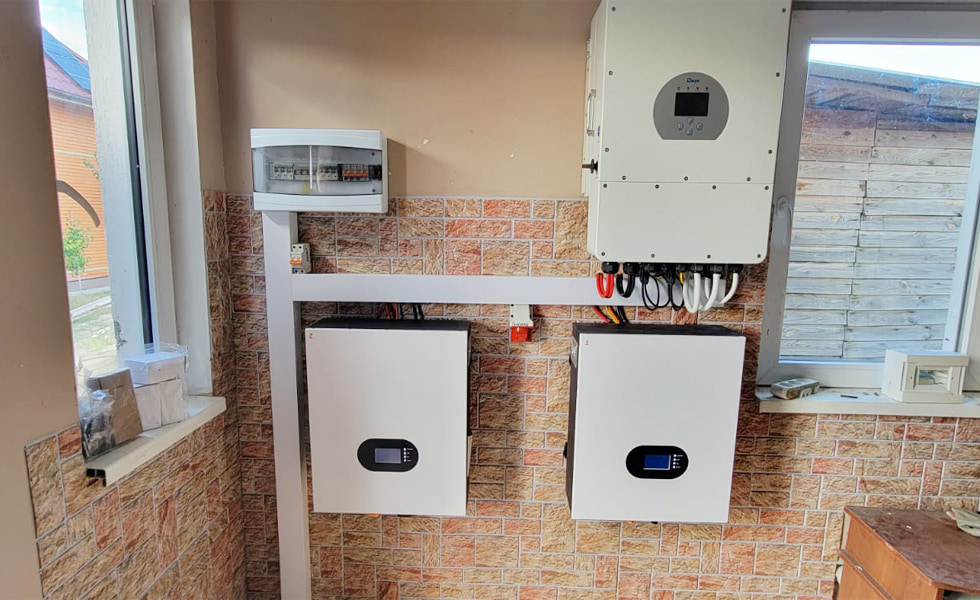
When it comes to choosing a solar inverter, there is no honest blanket answer. Which one is best for your home or business? That depends on a few factors:
1.How complex is your solar array design? If your solar array has many north-facing solar panels, you will likely have some shade mitigation issues. Those north-facing panels will receive less sunlight than panels with southern exposure. That level of complexity rules out the standard string inverter as those northern panels will reduce the overall power production of the entire string of panels. A good bet for this situation would be either the optimized string inverter or, better yet are microinverters.
2.Is your system grid-tied? Depending on how the system ties to the grid, you may be better off with a hybrid inverter that can handle different types of energy input at the same time. Suppose the system has a designated switch that shuts off access to the grid while the solar array is functioning. In that case, you might be okay with micro-inverters, power optimizer string inverters, or even a standard string inverter—providing there is not a battery backup system tied to the array.
3.Does the array include batter storage? If so, then a hybrid inverter is the best option, especially if the system is also grid-tied. The hybrid inverter is most capable of dealing with different types of energy at the same time.
4.Warranty—How long is the Inverter's warranty. If you have to replace the inverter every five years, then the lower cost may not benefit you, and an inverter with a more expensive initial cost may be more cost-efficient. Also important is what the warranty covers. Parts, labor, travel, replacement inverter, are all factors that enter into the cost of diagnosing, repairing, or replacing an inverter. The best inverter may differentiate itself with only the components of its warranty.
5.Wave Type—Pure sine wave inverters prepare the energy for your home that is close to what your home receives from the grid. A modified sine wave inverter can be damaging to appliances and electronics. While the modified sine wave inverter is generally cheaper, it may cost you more if you have to replace appliances sooner.
6.Efficiency—is the amount of energy the inverter can supply. Ideally, you want an inverter that is 96% efficient or higher.
